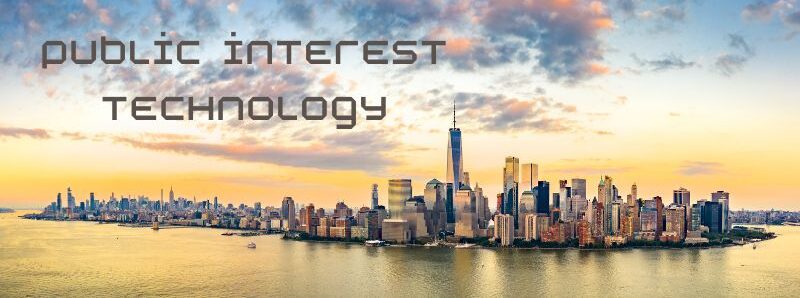“The public” is grass-roots community, through which collective survival and flourishing is accomplished, when we as individual people are able to balance our personal desires for thriving with an interest in prospering as a collective. In its very nature, the public is experimental, existing in a state of constant evolution rather than stable configuration.
I’m particularly drawn to Dewey’s interpretation of “the public” as “consist[ing] of all of those who are affected by the indirect consequences of transactions to such an extent that it is deemed necessary to have those consequences systematically cared for.” In the age of rapidly evolving technology, “the public” continues to expand beyond the local as our digital lives intertwine and entrench the consequences of our actions on a potentially global scale. A single human being’s desires and interests are furthermore reflective of “the public” in increasingly subtle and elusive ways due to the overwhelming mass-production of connection and association to others in our technological age. Technology complicates our formulation and understanding of “the public” as the state of the world changes faster than we are able to envision new social contracts for how we treat others. Dewey notes that “American democratic polity was developed out of genuine community life, that is, association in local and small centers where industry was mainly agricultural and where production was carried on mainly with hang tools” – despite the historic origin of our local democratic model of self-governing government, industrialization has transformed our community life towards one of global breadth rather than local depth, with little changes to our formulations of what community could look and a lack of true acceptance that the world has evolved beyond what once was.
In “The Public and its Problems,” Dewey implicitly refers to the accountability carried out for matters concerning “the public.” I believe that accountability is a critical component of any public, representing a blend of personal and public desire to act with greater camaraderie, both for ourselves individually and for the community as a whole. Without trusted avenues for accountability, “the public” is destroyed through a disillusionment that others will also sacrifice their own personal interests for the collective good.
Although “the commons” has persisted as a tragedy, and at times served as a solution, I believe it exists as a site for political and social contest. In “The Undercommons: Fugitive Planning & Black Study” by Stefano Harney and Fred Moten, the undercommons is described as a space of resistance, of questioning, of connecting with others communally and perpetually rebuilding visions for the world. I would like to live in a world where we are able to re-imagine “the commons” by recognizing and dismantling historical power structures that form it. There is no denying the oppressive forces employed in the war for resources in the name of protecting “the commons” – and tragedy as it is, it is through intentional accountability in political and social contest that we ensure that we learn and grow from past mistakes in reconceptualizing a more just world for us all.


